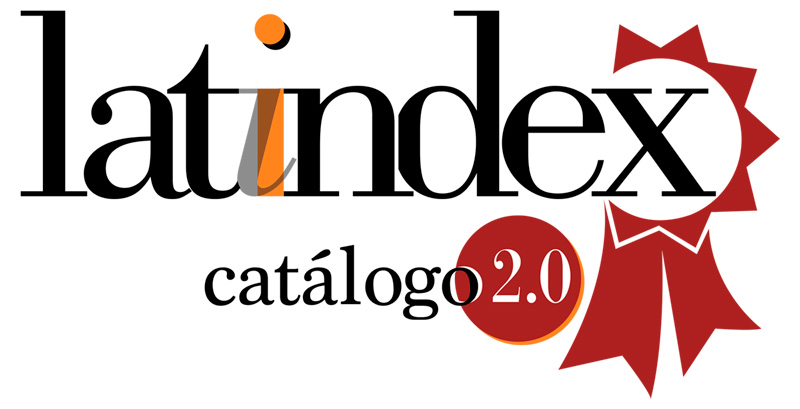The Philosophy of Language and the Argumentative Poem in Four Poems of El otro, el mismo (1964) by Jorge Luis Borges
DOI:
https://doi.org/10.35626/cl.16.2019.275Keywords:
Poetry of Language, Borges, General Textual Rethoric, Argumentative RethoricAbstract
This work analyzes part of the last stage of Jorge Luis Borges”™ poetic production, particularly of the book El otro, el mismo (1964). It is proposed that, in this collection of poems, Jorge Luis Borges presents as a fundamental problem the impossibility of language, as a communicative technology, to represent the real or the transcendent. This research is structured in three chapters. In the first, questions are developed prior to the analysis of the selected poems. Here, details of the theoretical framework are located, part of the criticism around the poetry of Jorge Luis Borges and, finally, one of the identifiable artistic aspects in his work. The second chapter is dedicated to the analysis of the poems “Composición escrita en un ejemplar de la Gesta de Beowulf ” and “El mar”, based on the
textual General Rhetoric of Stefano Arduini and the argumentative Rhetoric of Chaí¯n Perelman. Finally, in the third chapter, “Un poeta del siglo XIII” and “Una rosa y Milton” will be analyzed, using the metaphorical model of Lakoff and Johnson.








